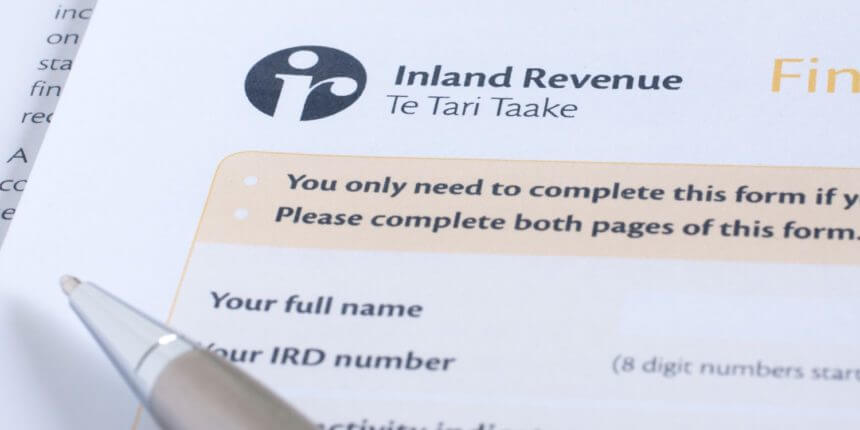New Zealand becomes the first country to legalize Bitcoin salary payments.

The Inland Revenue Department (IRD) of New Zealand issued a tax announcement on August 7, stating that employees can now opt to receive their salary in cryptocurrency, with the new policy taking effect from September 1.
Table of Contents
According to the announcement, as long as the chosen cryptocurrency is pegged to at least one fiat currency and can be exchanged for fiat currency, the country's tax authority can use cryptocurrency as a form of wage payment.
The regulation officially came into effect on September 1, making New Zealand the first country in the world to legalize Bitcoin salary payments. Additionally, companies using cryptocurrency to pay salaries can benefit from tax deductions through tax planning.
According to a report, the regulation was initially proposed in an announcement on August 7, detailing New Zealand's plan to allow bonus payments in cryptocurrency. However, using cryptocurrency as a salary option remains within the country's income tax regime.
Commenting on this significant development in the payment sector for cryptocurrencies, London law firm Thomas Hulme stated:
This move represents a significant step forward for the government, demonstrating a real recognition that people actually want cryptocurrency rather than fiat currency.
In fact, not only the people of New Zealand, as reported by ABM, up to 36% of Turks are willing to receive their salaries in Bitcoin, as the report also indicates that 18% of Turks hold cryptocurrencies, ranking the highest in Europe.
Additionally, ABM has reported that Bitwage is a startup dedicated to helping companies pay salaries in cryptocurrencies and announced this year that they will offer Ether as a salary option. However, the legalization of Bitcoin salary payments through New Zealand's "national certification" remains a global first.
This move further integrates the long-contested digital assets into the realm of daily payments. However, it is not entirely without its challenges, as cryptocurrencies are currently in a high volatility phase and may pose additional economic burdens, especially during market downturns, for ordinary households.
Related Reading
- Former Fed Official: Cryptocurrency Replacing the Dollar is Nonsensical
- EOS Parent Company Block.one Reaches $24 Million Settlement with SEC
Join now to get the most comprehensive information on financial technology, blockchain insights, and industry examples!